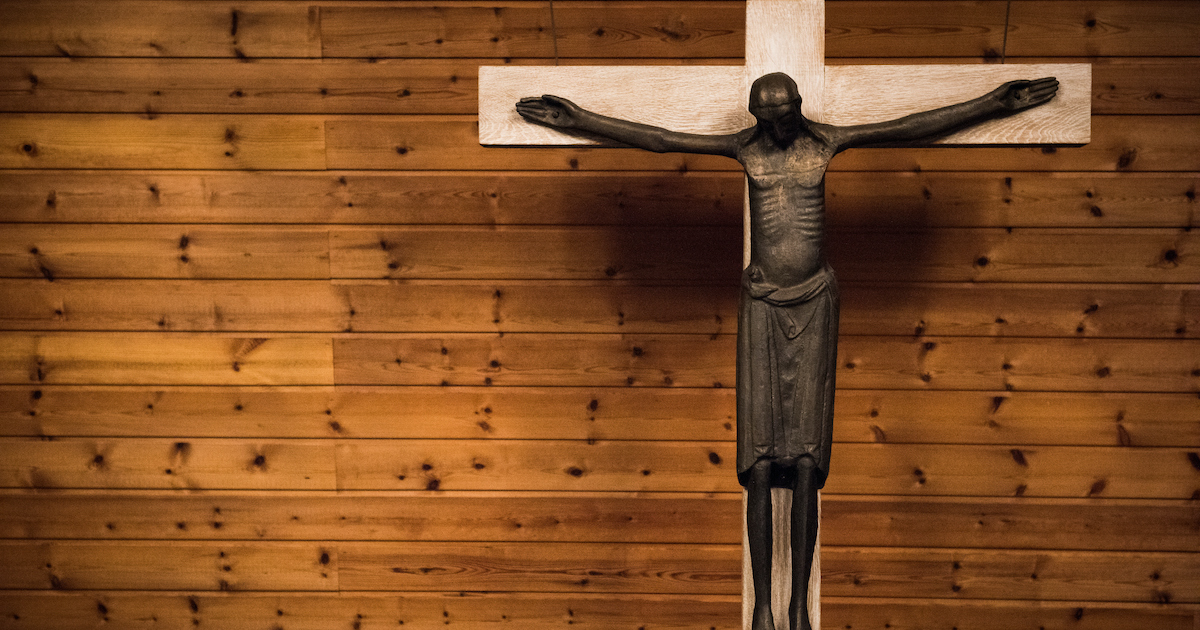
The Cross, the Crucifix and Other Crosses
Ask a believer what the first Christian symbol was, and most likely they would respond: “The cross.” They would, however, be dead wrong.

Ask a believer what the first Christian symbol was, and most likely they would respond: “The cross.” They would, however, be dead wrong.
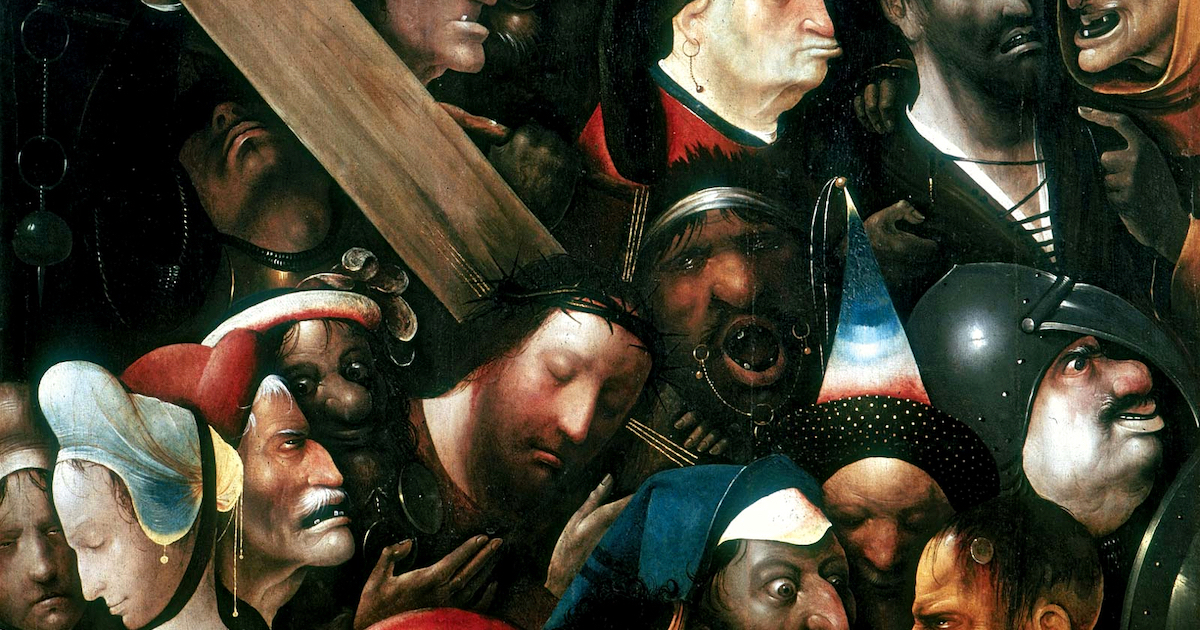
Artwork and visual symbolism seen in a church building often make a confession long before parishioners hear what is confessed in the liturgy. Some of the symbolic meaning, however, may be lost to us. This is the seventh of nine articles devoted to those images which we often see — but may not always understand

Images of birds, for example, often appear in Christian art, but a few of these symbols need some explaining.

Stars have a long and distinguished history in church art, and this didn’t start with the old “stars and stripes.”

Representations of Mary, the mother of our Lord, often evoke a great deal of consternation among Lutherans.
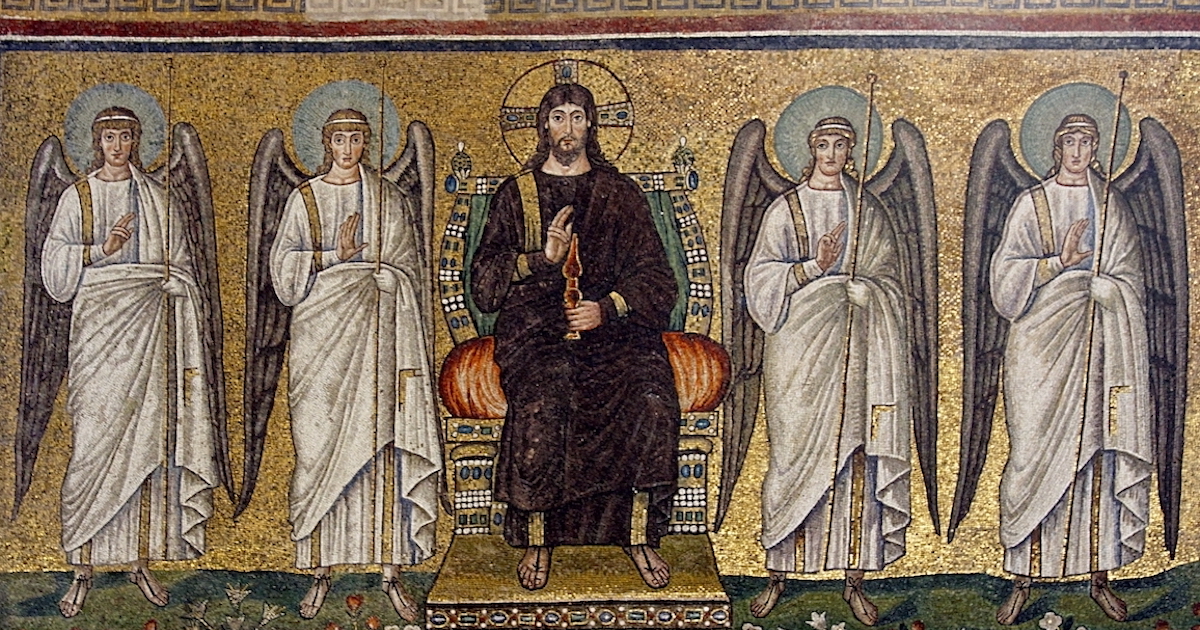
For the most part, early Christians placed halos on images of “sainted” Christians, that is, Christians already in heaven …
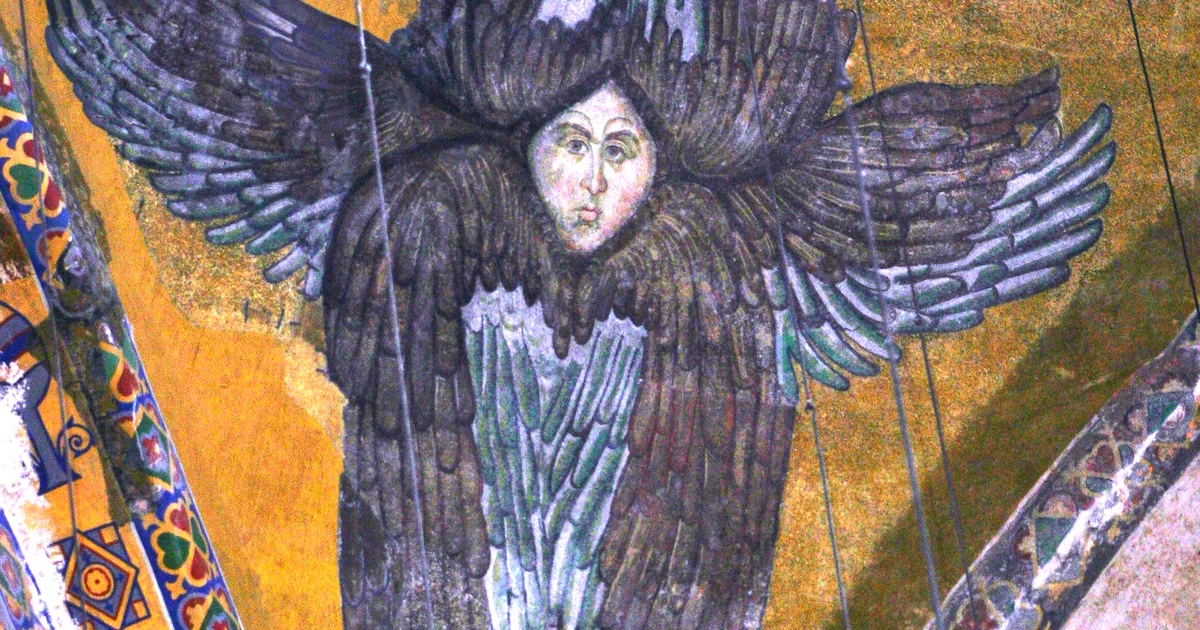
Everyone loves angels almost as much as they love marshmallow fluff. Angel figurines come out of the woodwork …
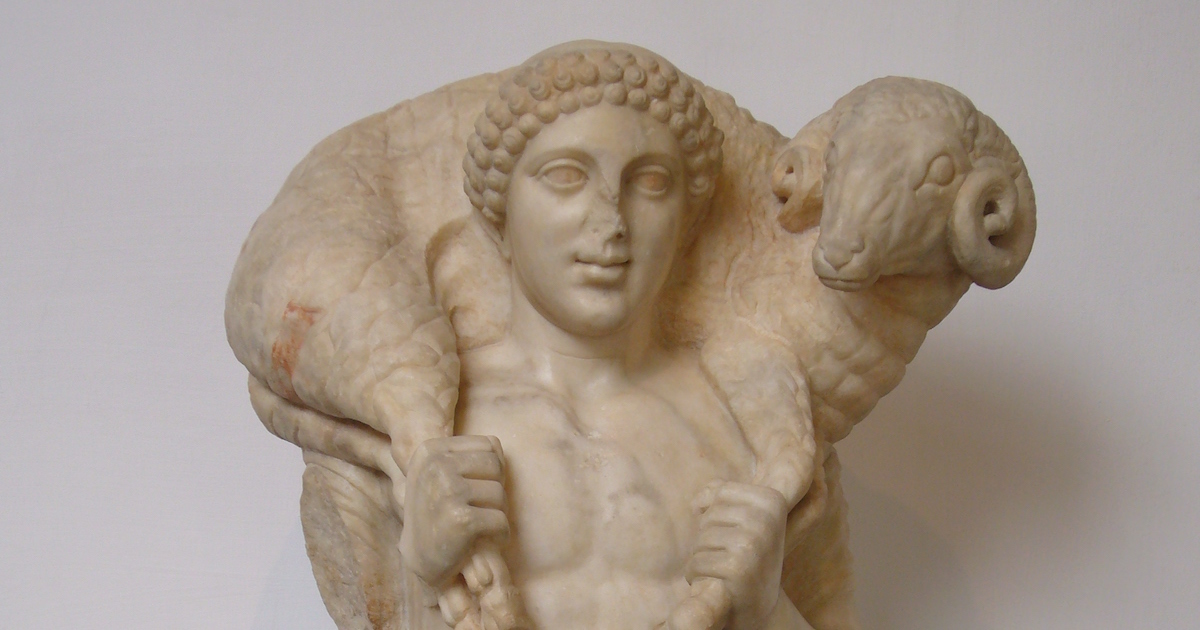
What are some of the early Christian images and ideas that we still see today? Where did they come from? Why were they used?
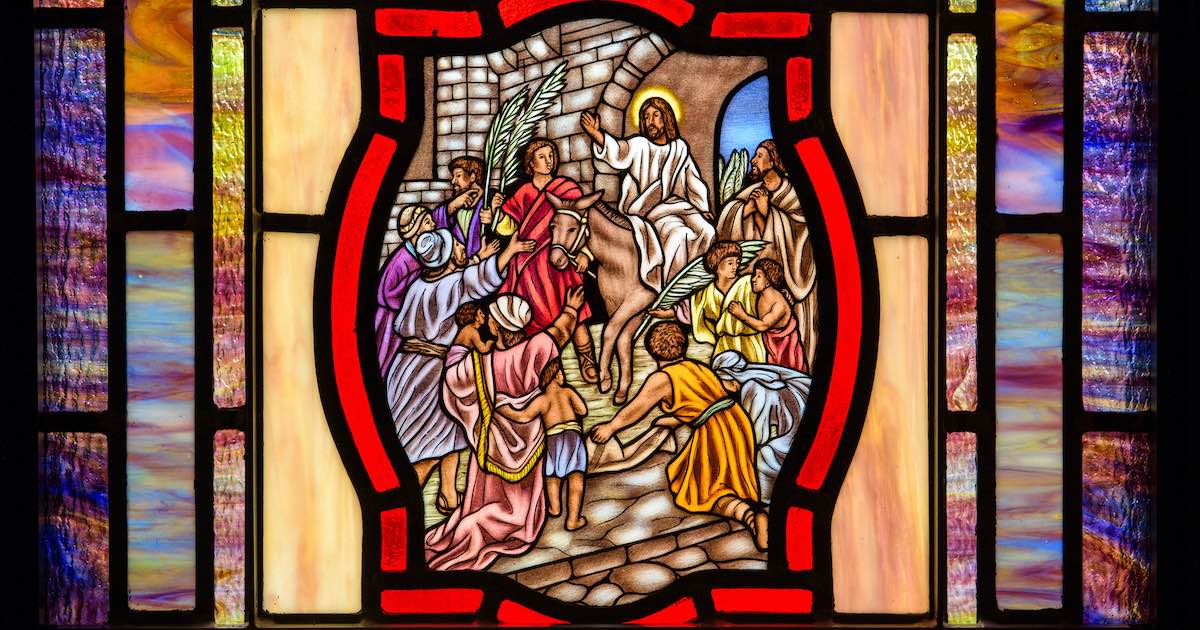
Palm Sunday is one of those triumphal days where prophecy and fulfillment beautifully are upheld side by side.

In the year that King Uzziah died I saw the Lord sitting upon a throne, high and lifted up;and the train of his robe filled the temple. (Isaiah 6:1) The goal of the Christian life is to see God. We see Him now veiled beneath bread and wine, in the waters of Holy Baptism, in
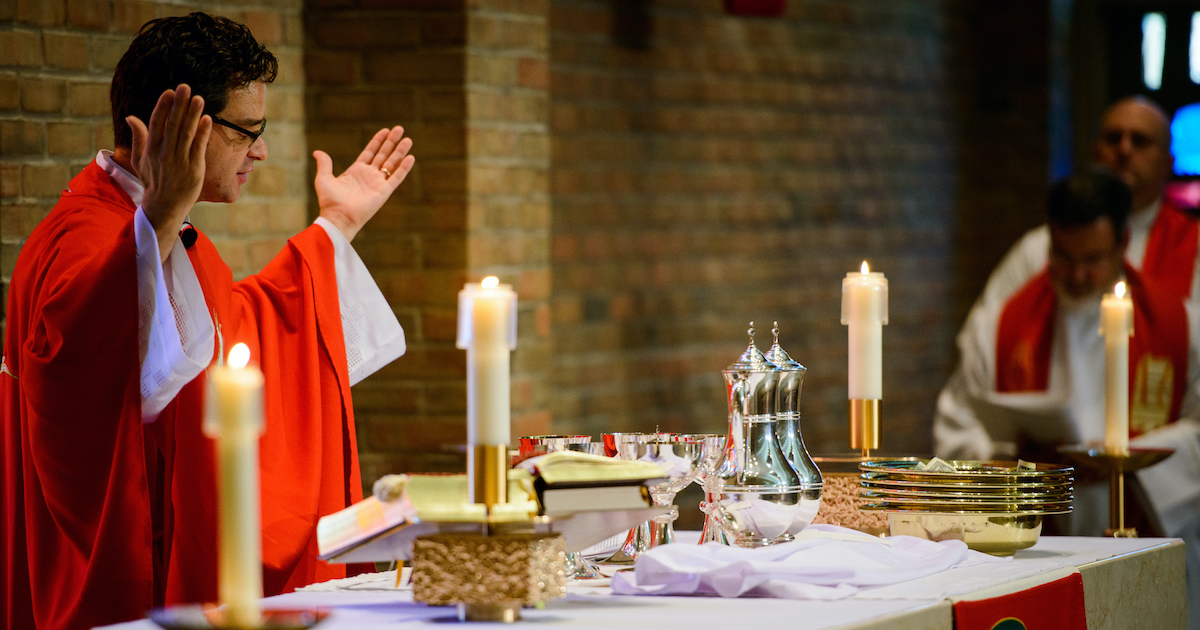
We all wait. Sometimes we wait for others impatiently. Sometimes we wait for changes discontentedly. Sometimes we wait for ourselves …
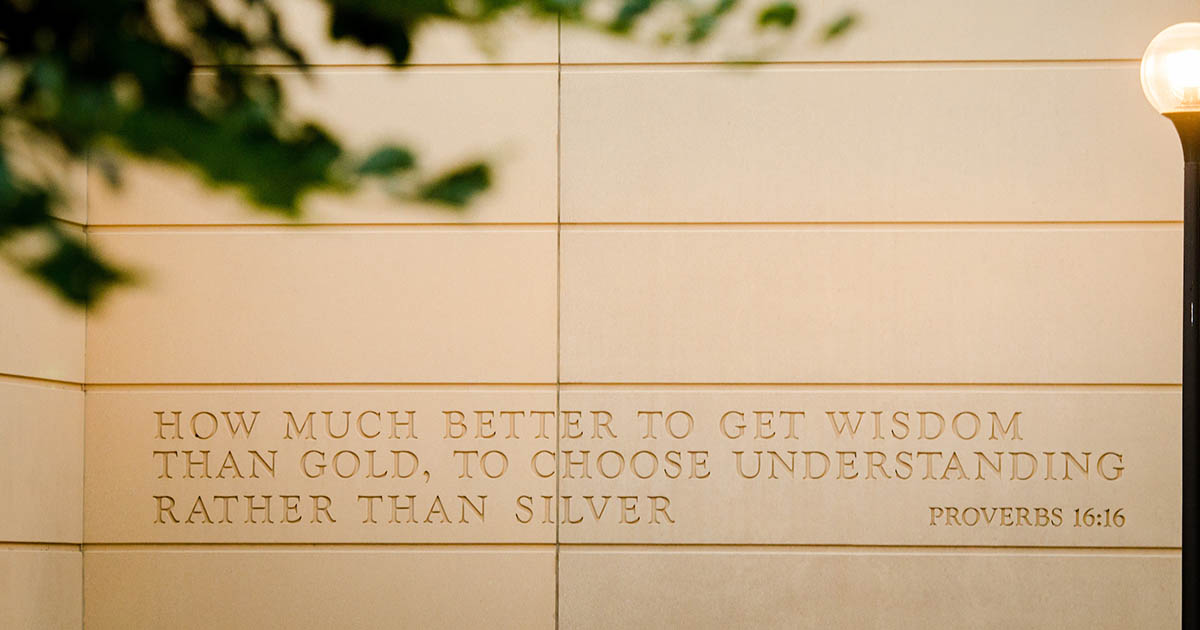
St. Athanasius (a.d. ca. 298–373) was five years old when the last and greatest persecution under the Roman commenced.